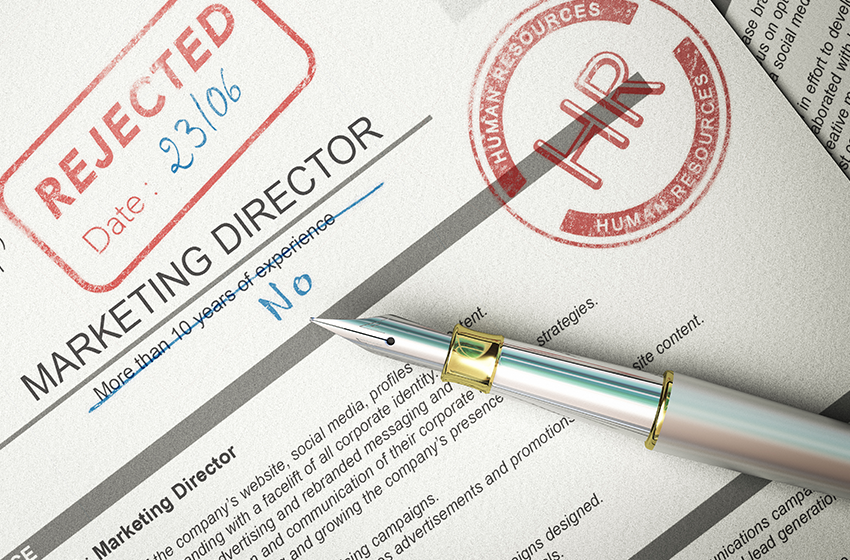Planning a career is a great way to set clear and concise goals for you to strive for. Whilst it can feel daunting and like a huge mission to achieve, there are easy steps to help you to plan your career effectively.
- Identify
Your first step is to identify exactly your options; by scouring your experience levels and qualifications, you can identify what career options are suited to you. It is important to also look at your skills and work out how they can be applied to the career options that you are looking at.
- Priorities
You must not just compile a list of options but work out your priorities when looking into a career; what drives you? If it’s a high salary that you want to achieve, challenging work, making an impact, whatever it is, you need to bear this in mind when looking into potential career options. Once you have found what you want to prioritize, you can make informed choices that meet your requirements.
- Compare
It is important that when you are looking at potential career options, you compare the qualities and skills needed in these to your own to establish whether the career choice is viable with your current status.
- Risk
When you think you have decided upon a career choice, it is important to evaluate several factors, from working out the entry levels to this career to the number of job openings. There can be a high risk if job openings are scarce and fiercely competitive, as this means you are effectively fighting for the position. If you have to undertake education and get a qualification to enter this career path, then it’s imperative to check how many job openings there are to ensure that you can get a job afterward.
- Choices
You must ensure that you can come to a definitive decision over which career path you want to follow, there may be one or two you aren’t sure about, and you must choose which career path is best for you. If you’re in the early phases of planning, it is important to narrow down your options still but perhaps narrow them down to 2 similar options; this gives you more maneuverability whilst you undertake any pre-requisite education or qualifications.
- Goals
Set measurable goals for yourself so that you can see your progress. These can be small short-term goals, or they can be long-term bigger goals, but either way, it is important that you keep on top of your goals and regularly evaluate your progress. These goals must be regularly reviewed to ensure that you meet the expectations you set yourself and remain on course for your career path. If you miss a goal or deadline, do not get too disheartened and get yourself back on track.









